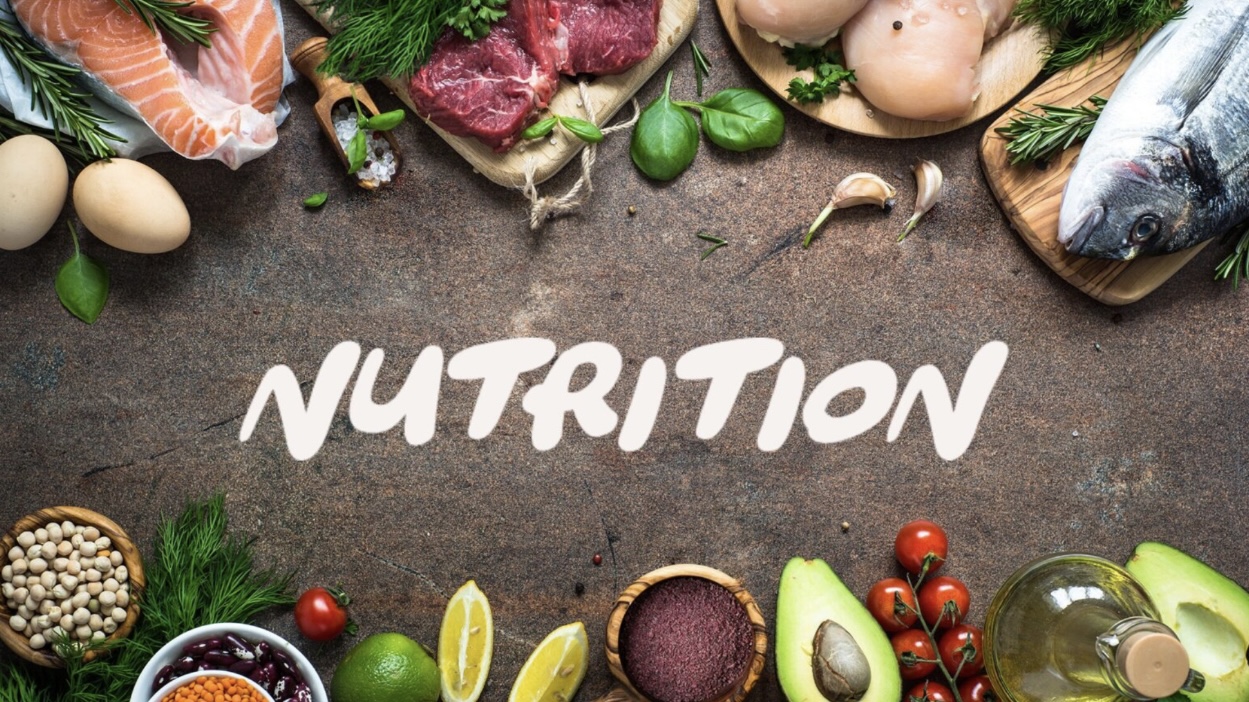
NUTRITION
HEALTHY EATING
- Assessment and Goal Setting:
- Evaluate current dietary habits, nutritional needs, and performance goals.
- Set SMART goals related to performance, body composition, and overall health.
HEALTHY LIVING
Energy Balance and Macronutrient Distribution:
- Calculate daily energy expenditure and determine macronutrient distribution (carbohydrates, proteins, fats) based on goals and activity level.
- Prioritize whole, nutrient-dense foods to meet macronutrient needs.
Hydration:
- Educate on proper hydration for performance and recovery.
- Provide guidelines for fluid intake before, during, and after activities.
GROCERY LIST
Protein:
- Lean meats (chicken, turkey, lean beef)
- Fish (salmon, tuna)
- Eggs
- Dairy (Greek yogurt, cottage cheese)
- Plant-based sources (tofu, tempeh, legumes)
Carbohydrates:
- Whole grains (brown rice, quinoa, oats)
- Fruits (bananas, berries, oranges)
- Vegetables (leafy greens, carrots, broccoli)
- Legumes (beans, lentils)
Fruits and Vegetables:
- Aim for a variety of colors and types to ensure a range of nutrients.
- Fresh, frozen, or canned options are all suitable.
Fats:
- Healthy fats from sources such as avocados, nuts, seeds, and olive oil.
- Limit saturated and trans fats found in processed foods.
Supplements:
- Consider supplements like protein powders, creatine, and electrolyte replacements based on individual needs and goals.
MEAL PLAN
- Calories, Portion Size, Number of Meals:
- Calculate calorie needs based on energy expenditure and goals.
- Portion meals to include appropriate amounts of protein, carbohydrates, and fats.
- Aim for balanced meals and snacks throughout the day, spaced evenly to support energy levels and recovery.
HYDRATION
- Hydration:
- Establish guidelines for fluid intake based on activity level and environment.
- Encourage regular consumption of water throughout the day.
- Monitor hydration status.
